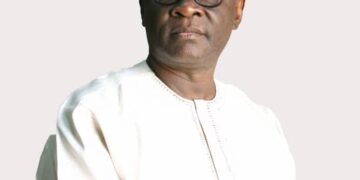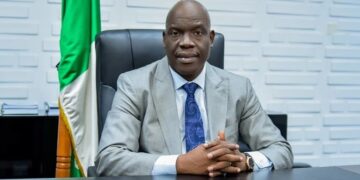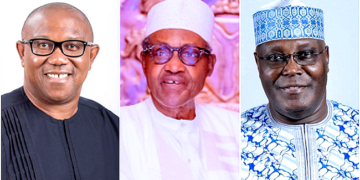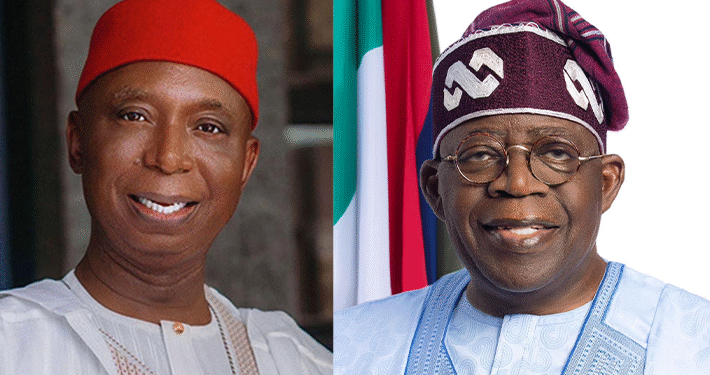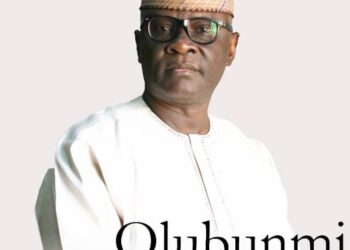Nigeria has fully repaid its $1.61bn (N2.59trn as of May 7, 2025) debt obligation to the International Monetary Fund (IMF).
A check through the IMF’s website by IntelRegion on May 7, 2025, ( today) revealed that Nigeria has been removed among the list of countries owning the international financial agency.
A data obtained popular data company, StatiSense showed that Nigeria paid off the debt in gradual from $1.61 billion in July 28, 2023 to $1.37 billion in January 5, 2024 to $933.03 million in July 10, 2024 to $472.06 million in January 8, 2025 and settled the remaining debt by May 6, 2025.
An official IMF statement confirming the development said the clearance marked the end of a decades-long financial burden that had weighed heavily on Africa’s most populous nation.
IMF Managing Director, Kristalina Georgieva, praised the Nigerian government for its “decisive fiscal management and commitment to long-term economic reform.”
She noted that the achievement reflects “a critical turning point for Nigeria’s economic trajectory and global credit standing.”
Speaking on the development, O’tega Ogra, the Senior Special Assistant to President Bola Ahmed Tinubu on digital engagement, strategy, and new media described it as a signal of discipline, reform, and strategic reset by the Tinubu-Shettima administration “in restructuring our finances to enable us to be better placed for a prosperous future.“
“As Nigeria closes the chapter on these legacy debt obligations, we are better placed to strengthen our fiscal credibility and show the world, and ourselves, that Nigeria is serious about managing our economy with responsibility and vision,” he said in a post made on X (formerly Twitter).He also noted that “this does not mean Nigeria will stop doing business with the IMF,” adding that Nigeria still remained a member of the IMF and could approach it at any time, if the situation demanded.
Ogra explained that Nigeria would continue to do business with international agency, “because, global partnerships like the IMF remain valuable allies, especially in a world defined by volatility and uncertainty. The difference now is that any future engagement will be proactive, not reactive and will also be based on partnership, not dependence.”


